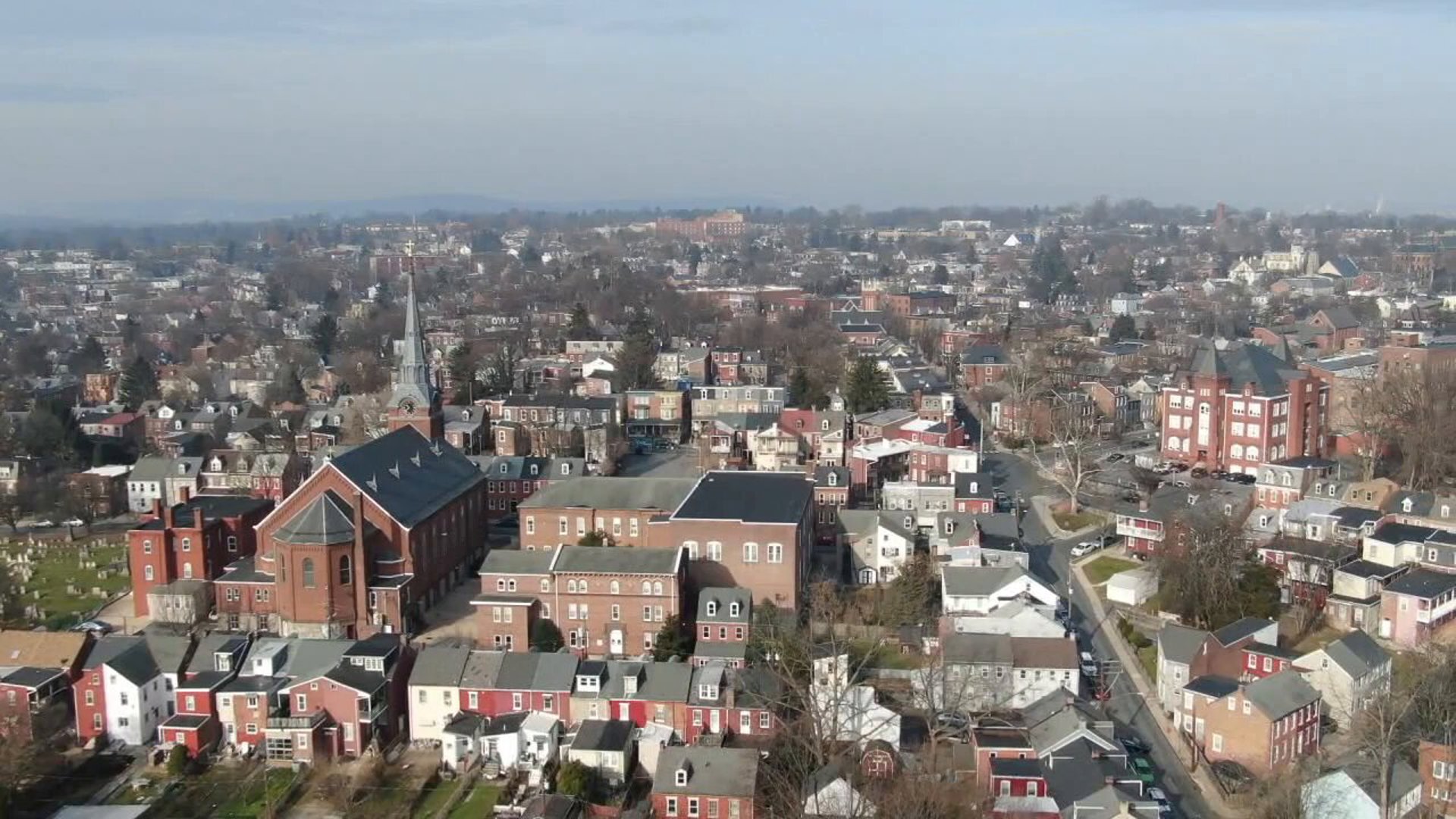LANCASTER, Pa. — Residents in the City of Lancaster voted to adopt a home rule charter on Nov. 5, after the city took the issue to the ballot. The document would act as the city's constitution and aims to increase local control over the city's economy while giving residents more access to interact with their local government.
One of the biggest concerns with the home rule charter is that it would increase revenue for the city by adjusting residents' taxes. Lancaster City Mayor Danene Sorace says the increases are necessary and normal.
"Cities need to be able to pay for essential services that we are required to provide," Sorace said.
According to Sorace, for the last decade, the city has been struggling to keep up with rising costs and dwindling revenues. On average, the city's expenses increase by nearly 4% each year while it only brings in an additional 1% or less every year. Without proper funds, Sorace explains that the city wouldn't be able to fund necessary public safety resources.
"The majority of our budget is dedicated to public safety, that's police and fire. That's 40 million dollars out of our 70 million plus budget," Sorace said.
While it's a large price tag, city resident and volunteer firefighter Byrone Davis says if it goes unpaid the residents are affected the most.
"The fire companies, the police companies, even the paramedics often get overlooked in these instances. We don't really suffer, it's the people that suffer because we're serving the community," Davis explained.
Despite his support of the home rule charter, Davis said he's still concerned about the tax increases.
"My earning bracket is a little higher than most so as far as the taxes side of things, that would be my only concern."
The charter eliminates the state cap on earned income taxes, allowing the city a wider range of revenues to pull from instead of relying solely on property taxes which is the current system.
Since property taxes don't adjust as drastically and tend to impact lower-income residents more, the city will introduce a slight increase to residents' earned income tax.
The earned income tax grows over time as people earn more money and would have a greater impact on higher-income individuals. The goal is this less than 1% increase will help raise revenues to reduce the city's budget deficit while evening the playing field between lower and higher-income residents.
But some residents, like Susie Gomez, argue that any additional tax would have an effect on lower-income residents, which is why she was against the charter.
"It's not fair to have more taxes on hardworking citizens," Gomez stated.
However, Sorace says the taxes would have increased regardless of the charter's adoption.
"There were still going to be tax increases either way. It was either going to be through property or earned income and I think voters of the City of Lancaster have decided that they wanted to pay for these services differently," she said.
More information on what's included in the home rule charter can be found here.

